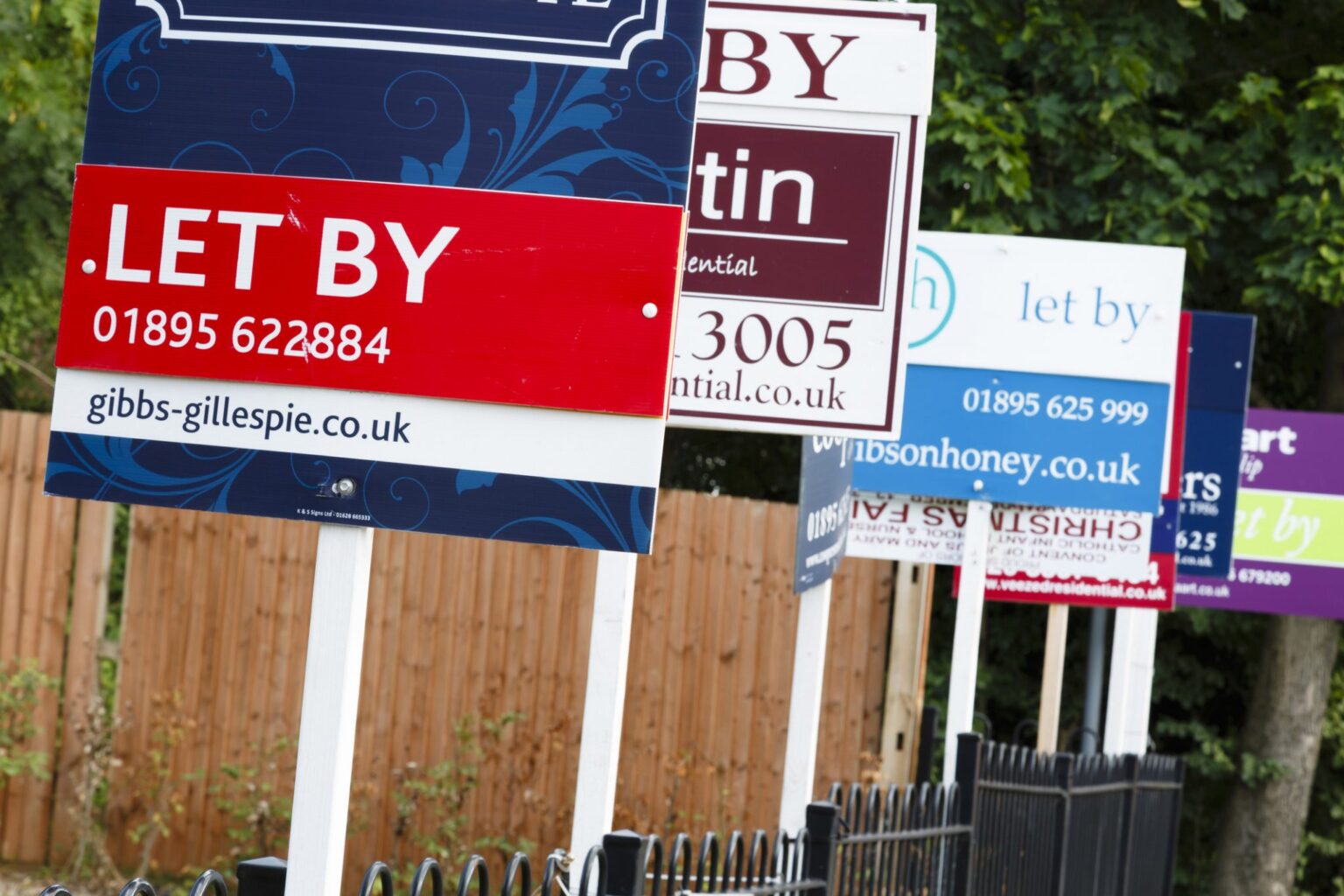As a fifth of all councils in the UK now operate some form of landlord licensing scheme, many are questioning whether the rules are really there for the right reasons.
Landlords in around 70 local authorities across the country are subject to landlord licensing requirements, with constant revisions and additions to schemes being made across the country. Just last week, Sheffield City Council became one of the latest councils to approve selective licensing in the city starting in November, and others are in the process of following suit.
[crb_image link=”https://www.buyassociationgroup.com/en-gb/advice/property-investment-starter-course/” image=”https://cdn2.hubspot.net/hubfs/1717782/Asset_Store/WebCTA/cta.jpg” align=”left”]
The idea behind landlord licensing – which can either be mandatory (for HMOs), additional (for HMOs not being properly managed) or selective (for any landlord in a certain area) – is to improve the private rented sector for both landlords and tenants, raising standards and safety levels in the industry.
However, the schemes have come under criticism by some who claim that more prosecutions have been made in some areas by councils against unlicensed landlords than against those who have been found to be letting out substandard accommodation. With licences costing landlords in the region of £500 to £1,000 per property, some believe the scheme is more of a way for the council to make money rather than to improve living standards.
In Croydon, for example, landlord licensing raked in around £6m for for the council in 2017, but only one single prosecution against a landlord was made during the year.
Constantly changing
David Smith, policy director for the RLA, said: “Criminal landlords who fail to provide secure and safe accommodation to their tenants will not come forward. Councils need a much smarter system to find and root out those who will never willingly make themselves known.”
For those landlords who are required to hold a licence but do not apply for one, fines can be hefty – up to £30,000 and even the removal of the right to operate as a landlord.
Chris Norris of the National Landlords Association commented: “There has been a noticeable increase in selective licensing schemes across the country.
“More are likely to be introduced as councils look to increase their revenue under the guise of improving housing standards and cracking down on anti-social behaviour.”
Where do you need a licence?
Another criticism of the scheme is that there is currently no comprehensive list of all the places where licensing is in operation, meaning some inexperienced landlords may be ignorant to the fact they are operating illegally – particularly as new schemes are popping up across the country all the time.
The Residential Landlords Association, through which.co.uk, has created a mapping system showing all the areas in England where some form of licensing is required, but there are calls for the government to provide an official, up-to-date list to make compliance easier, while some private proptech companies have stepped up to create software to help landlords.










